Modern Austrian Literature through the Lens of Adaptation
For decades postwar Austrian literature has been measured against and moulded into a series of generic categories and grand cultural narratives, from nostalgic ‘restoration’ literature of the 1950s through the socially critical ‘anti-Heimat’ novel to recent literary reckonings with Austria’s Nazi past. Peering through the lens of film adaptation, this book rattles the generic shackles imposed by literary history and provides an entirely new critical perspective on Austrian literature. Its original methodological approach challenges the primacy of written sources in existing scholarship and uses the distortions generated by the shift in medium as a productive starting point for literary analysis.Five case studies approach canonical texts in post-war Austrian literature by Gerhard Fritsch, Franz Innerhofer, Gerhard Roth, Elfriede Jelinek, and Robert Schindel, through close readings of their cinematic adaptations, concentrating on key areas of narratological concern: plot, narrative perspective, authorship, and post-modern ontologies. Setting the texts within the historical, cultural and political discourses that define the ‘Alpine Republic’, this study investigates fundamental aspects of Austrian national identity, such as its Habsburg and National Socialist legacies.
{{comment.content}}
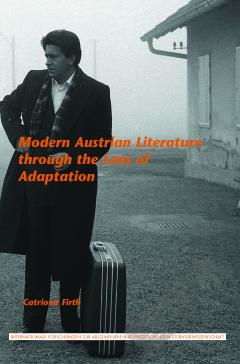
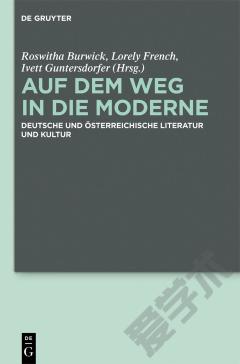
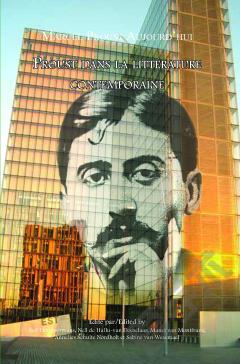


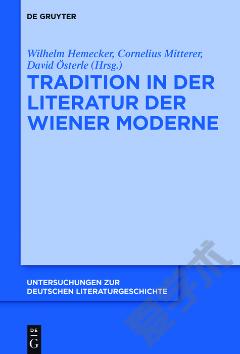
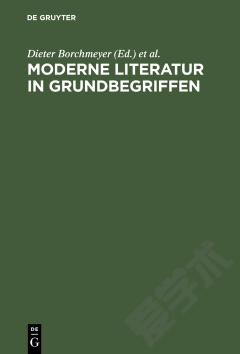

 京公网安备 11010802027623号
京公网安备 11010802027623号